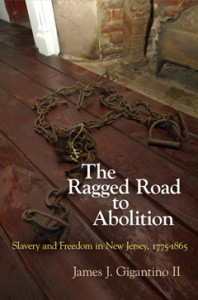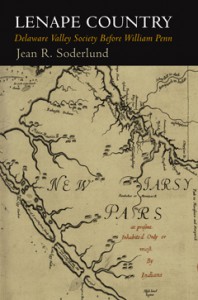The Encyclopedia of Greater Philadelphia is expanding and opening new subject categories with support from the National Endowment for the Humanities, the Mayor’s Fund for Philadelphia, and Poor Richard’s Charitable Trust. To join more than one hundred leading and emerging scholars who have already contributed to this peer-reviewed, digital-first project, let us know your choice of topics.
To see the list of topics available link here.
The scope of the project includes the city of Philadelphia and the surrounding region of southeastern Pennsylvania, South Jersey, and northern Delaware. Prospective authors must have expertise in their chosen subjects demonstrated by previous publications and/or advanced training in historical research. Authors will have the opportunity to select feasible deadlines and will have the option of volunteering or receiving modest stipends. To express interest, please send an email describing your qualifications and specifying topics of interest to the editor-in-chief, Charlene Mires, cmires@camden.rutgers.edu. No attachments, please. Graduate students, please include the name and email address of an academic reference.
Guidelines for writers:
https://philadelphiaencyclopedia.org/about/guidelines-for-writers/
Roster of authors:
https://philadelphiaencyclopedia.org/archive/category/authors/
Editors and staff:
https://philadelphiaencyclopedia.org/about/editors/

 In 1631, when the Dutch tried to develop plantation agriculture in the Delaware Valley, the Lenape Indians destroyed the colony of Swanendael and killed its residents. The Natives and Dutch quickly negotiated peace, avoiding an extended war through diplomacy and trade. The Lenapes preserved their political sovereignty for the next fifty years as Dutch, Swedish, Finnish, and English colonists settled the Delaware Valley. The European outposts did not approach the size and strength of those in Virginia, New England, and New Netherland. Even after thousands of Quakers arrived in West New Jersey and Pennsylvania in the late 1670s and ’80s, the region successfully avoided war for another seventy-five years.
In 1631, when the Dutch tried to develop plantation agriculture in the Delaware Valley, the Lenape Indians destroyed the colony of Swanendael and killed its residents. The Natives and Dutch quickly negotiated peace, avoiding an extended war through diplomacy and trade. The Lenapes preserved their political sovereignty for the next fifty years as Dutch, Swedish, Finnish, and English colonists settled the Delaware Valley. The European outposts did not approach the size and strength of those in Virginia, New England, and New Netherland. Even after thousands of Quakers arrived in West New Jersey and Pennsylvania in the late 1670s and ’80s, the region successfully avoided war for another seventy-five years.